Local farmers have been left dumbfounded after ministers told them to cut carbon emissions by almost a third – but refused to say how.
Scottish Government officials have been working on their plan for the sector since Britain voted to leave the EU in 2016.
The decision to leave meant some powers over agriculture moved from Brussels to Holyrood.
But launching a consultation on the much anticipated Agriculture Bill, rural economy secretary and Angus MSP Mairi Gougeon declined to detail how her government will support the sector after 2025.
She reminded farmers they are on a “journey of significant transformation”.
But her consultation also failed to offer further clarity on how farmers should cut carbon emissions by 31% from 2019 levels by 2032.
Many in the industry are discussing a range of measures including smaller cattle herds, new technology, more tree planting, alternative soil management approaches, among others.
Delivering those cuts is likely to mean substantial changes to the way businesses operate and they have caused significant unrest in other countries, most notably the Netherlands.
No Scottish Government policy to support farm output
National Farmers Union (NFU) Scotland president Martin Kennedy farms close to Aberfeldy.
He said farmers and crofters were currently struggling with fertiliser costs 300% higher than last year as well as increased power and fuel costs.
“Instead of more plans and declarations, we need a policy that supports farm output, supports the measures that will help us cut our carbon footprint and supports the measures that will enhance biodiversity.”
He said that work has already been done “by numerous groups and through previous consultations”.
He continued: “Our members need to see now how they will be supported in the future, and this should be in the public domain.
“This consultation is about delivering the necessary powers, but it does not fill the yawning policy gap that our members want to see filled.”
What is in the Scottish Government agriculture proposals?
The Scottish Government currently spends around half a billion pounds every year supporting the industry.
Most of that currently goes on direct support for businesses, allocated based on how much land they own.
The direct subsidy payments will continue, according to the consultation.
But from 2025 there will be a far greater focus on meeting climate change and nature objectives.
Food production is only the third of four “key outcomes” listed.
The proposals also contain plans to ensure businesses pay all agricultural workers the real Living Wage, currently £9.90 per hour for an adult worker.
While subsidy payments will also be linked to maintaining animal welfare standards “above the legal minimum”.
Minister visits Brechin farm to launch plan
Ms Gougeon visited Burghill Farm, near Brechin, to launch the consultation.
Her officials will now host a series of events across Scotland as they canvass further views. They plan to publish the Agriculture Bill in 2023.
Ms Gougeon said: “Scotland’s farmers, crofters and land-managers are vital to our ambition to make our nation fairer and greener.
“We should not shy away from being clear that we are on a journey of significant transformation.
“I urge everyone to take the opportunity to share your views and engage with this process.”
Environment groups welcome opportunity to shape Agriculture Bill
Environment groups have long campaigned for greater spending on nature and climate change schemes.
WWF Scotland agriculture manager Ruth Taylor said she hopes ministers “listen to and learn from those who are already taking steps to farm in more nature-friendly ways.”
While food campaigners Nourish Scotland welcomed “our chance to create a Made in Scotland policy, based on an ambitious vision for Scotland to be a world leader in regenerative and sustainable agriculture”.
Rachael Hamilton MSP is Conservative shadow rural affairs secretary.
She, however, suggested the consultation had short changed local farmers.
“Farmers and our agricultural sector have waited with bated breath to have their say on future agriculture policy but they will be questioning where the detail is.
“Rather than giving clarification and detail to our farmers, it looks as though the SNP-Green government want to tie them up in more bureaucracy when it comes to future policy and hitting crucial targets, especially in reducing emissions.”
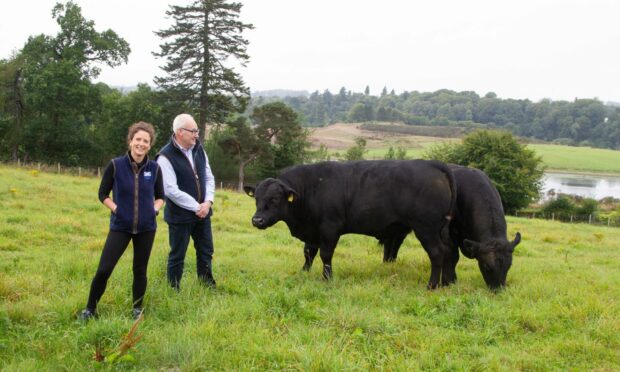
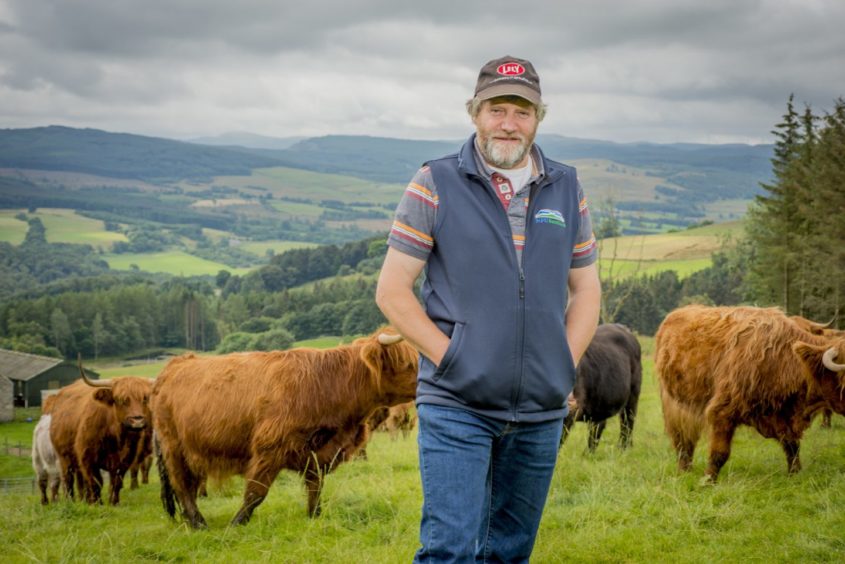
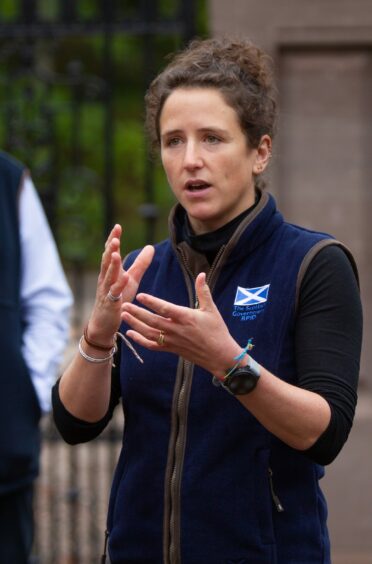
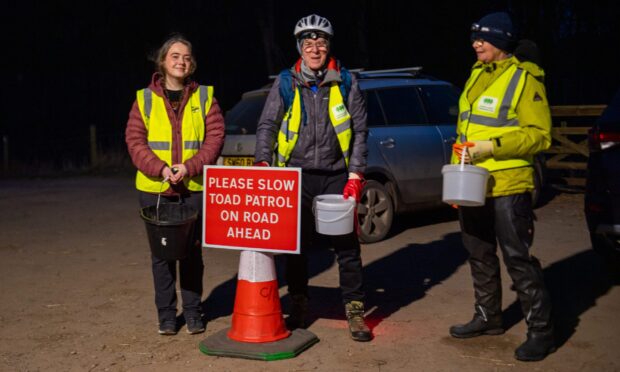
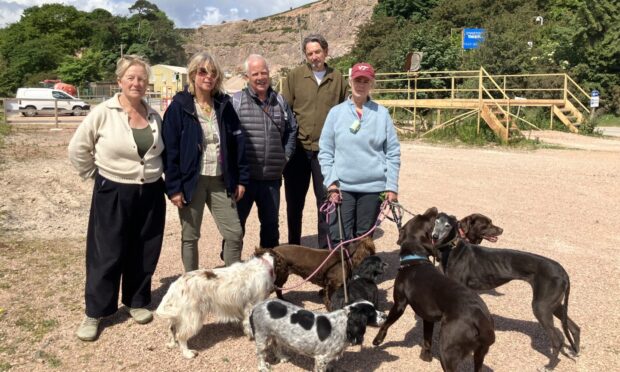








Conversation